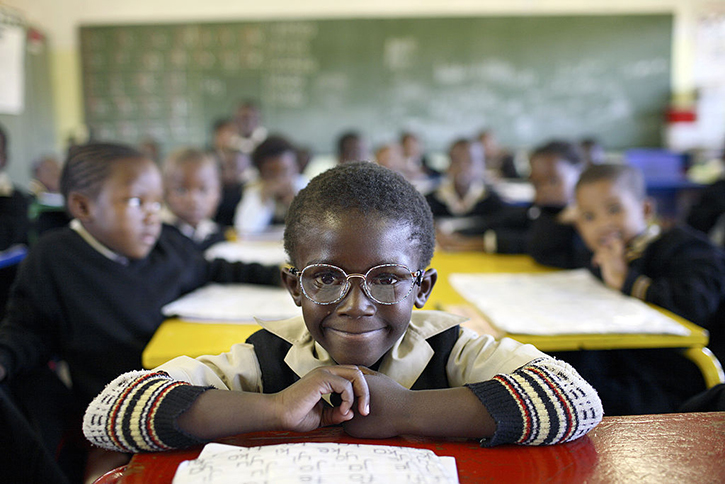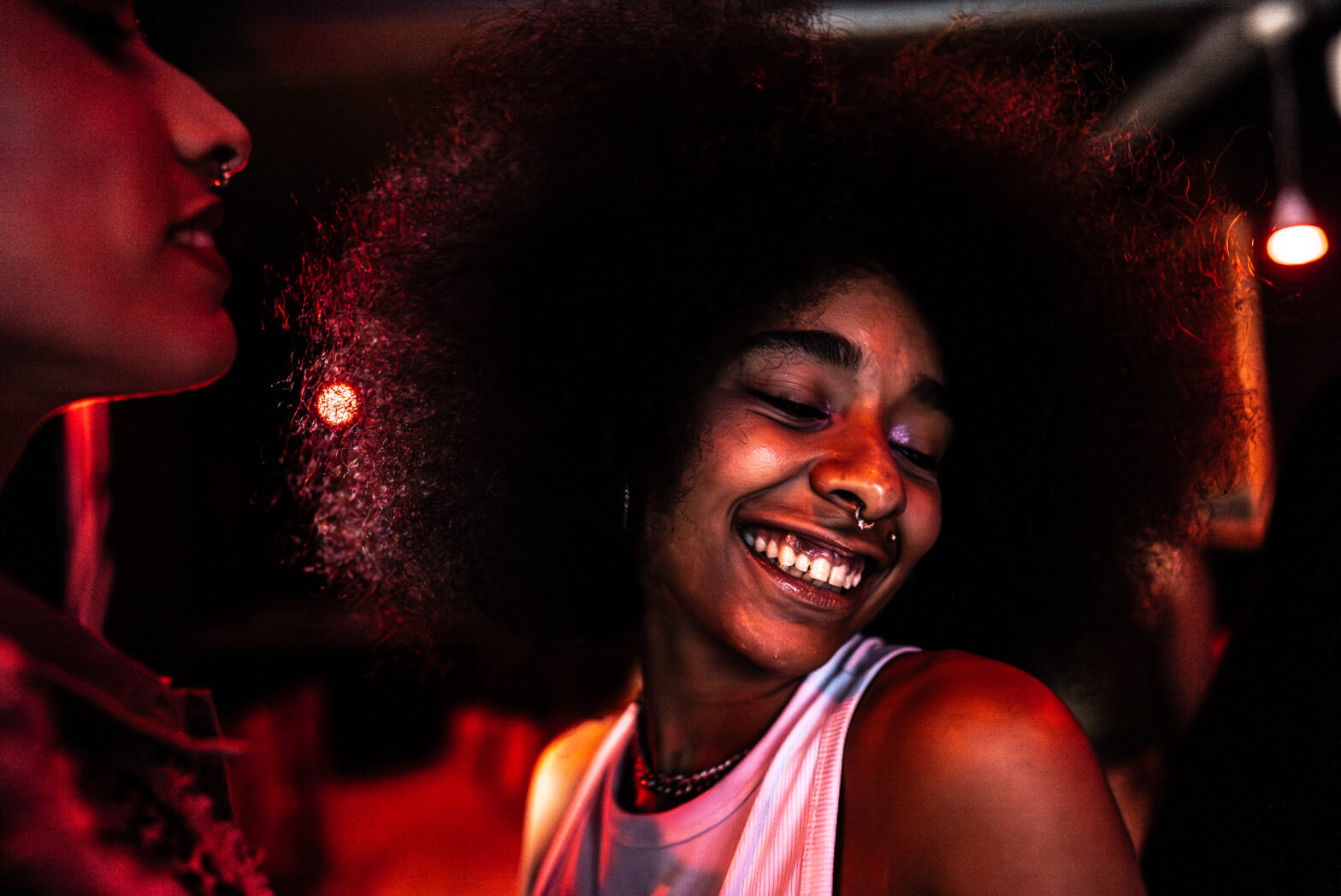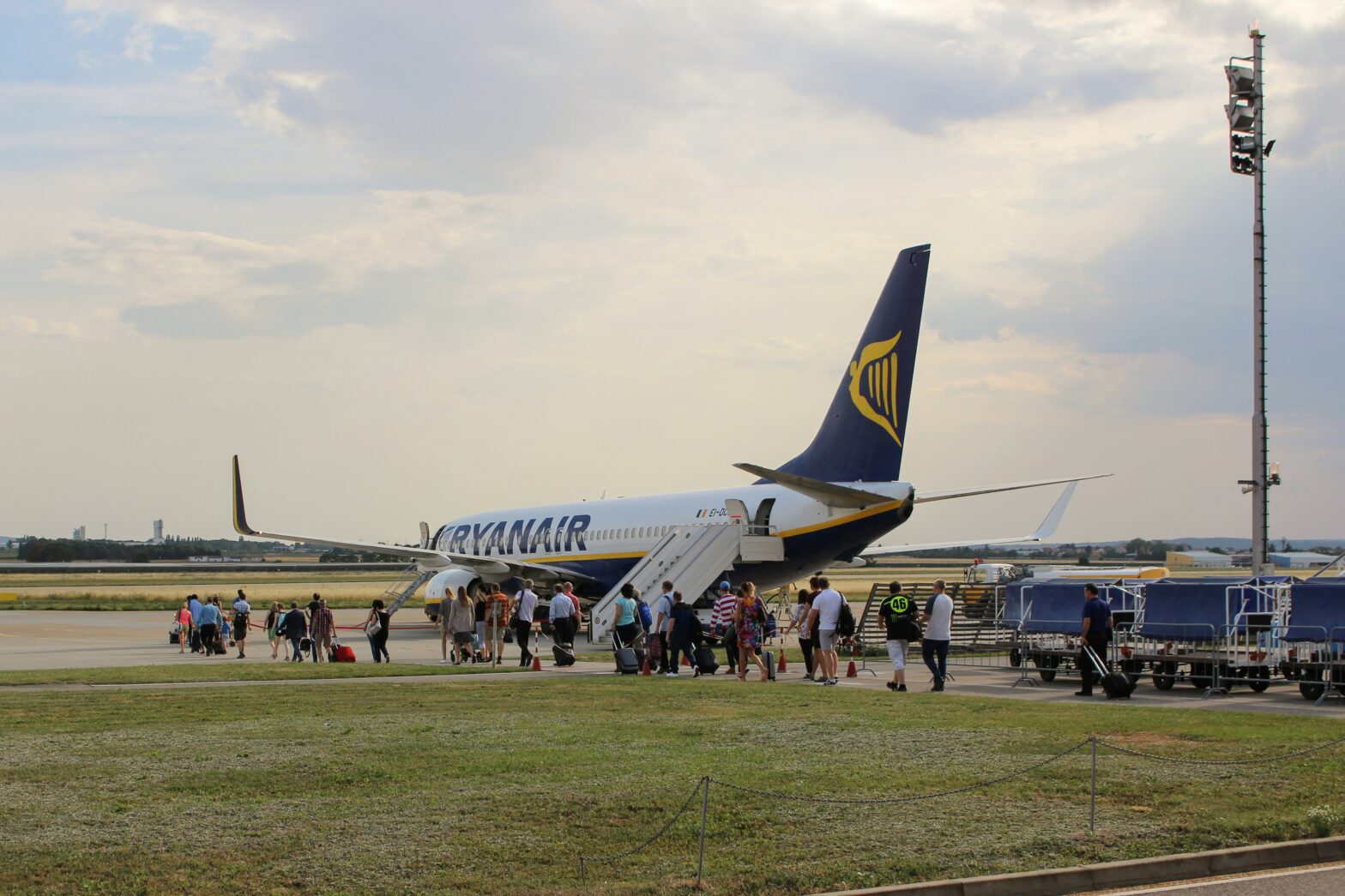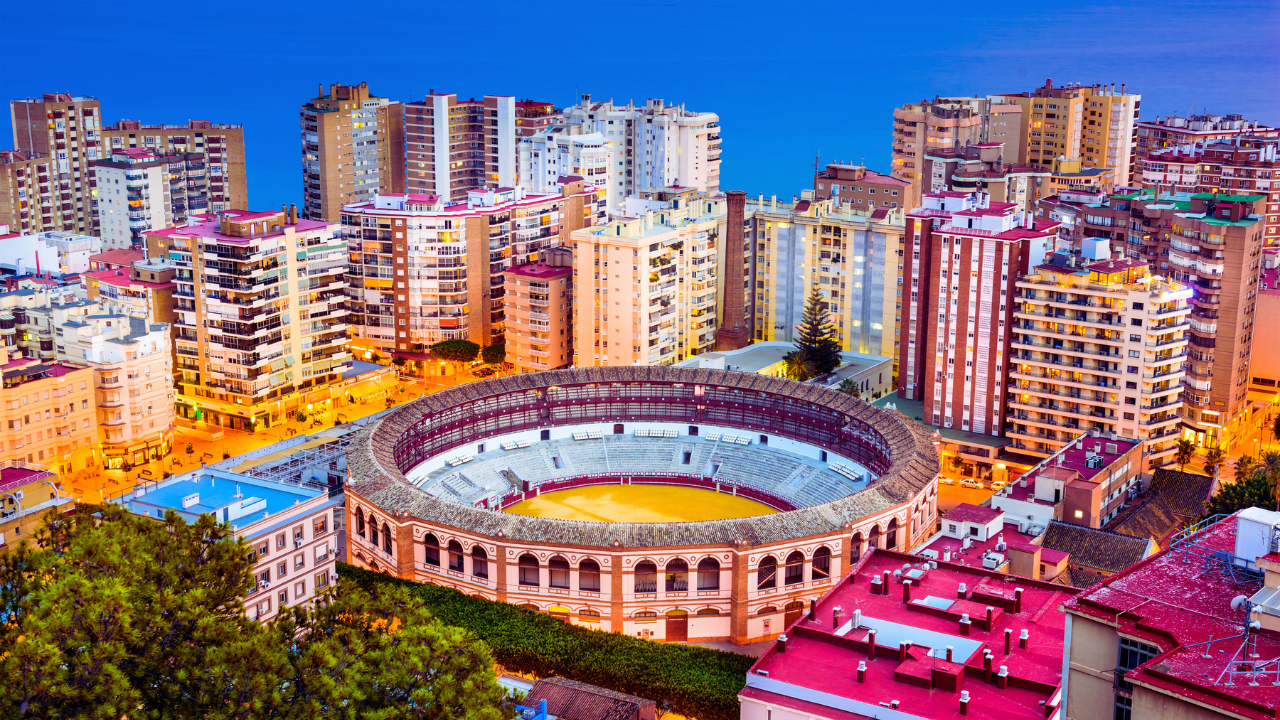The country of Dominica, a tiny island in the eastern Caribbean, is trying to preserve their unique version of the Creole language, according to the Washington Post. Known in Dominica as Kwéyòl, it is one of many variants of Creole spoken on more than a dozen islands in the Caribbean.
These languages were formed when Africans mixed their mother languages with those of their European enslavers, and in some cases, the indigenous peoples. The languages then evolved over the years.
Today, Creole is dying in some places as it is spoken and passed down less and less. The Caribbean’s most endangered language is currently a French Creole in Trinidad, spoken only by a handful of aging people. The Berbice Dutch Creole of Guyana has been extinct for more than a decade now.
These languages are dying out largely due to the stigma that sometimes accompanies Creole languages; in many places they have commonly been considered inferior and informal languages spoken only by the uneducated and uncultured.
According to Clive Forrester, a linguistics professor at Canada’s University of Waterloo and secretary of the Society for Caribbean Linguistics, “Your ability to use the European language, be it English, French, or Dutch, is seen as an indicator of educational attainment.”
“The attitudes have improved, but the underlying feeling is still there. Almost everything related to African culture is seen not as prestigious as European culture,” he added.
Although pride in local Creole languages has grown in recent years, only a few nations have declared them as official languages. These countries include Haiti, Aruba, and Curacao. Still, European languages remain the main language of educational instruction, and Creole is only taught in schools in several countries.
Officials in Dominica are hoping to change negative perceptions of Kwéyòl as they work to preserve the language. It has now begun being taught in 16 of the island’s 56 primary schools this year in brief lessons. However, there are not many teachers who speak it.
Charlene White-Christian, the modern language coordinator for Dominica’s Ministry of Education, is still learning the language herself, via friends and independently by studying linguistics. She says growing up, her parents never spoke it with her.
“We don’t want to lose it,” she said. “We view the language as part of our culture. It’s nothing without the language.”
Dominican scholars have published two Kwéyòl dictionaries and are working on a third. There is some struggle as they work out certain modern words like “computer”, which never had a Creole equivalent. There is also a Kwéyòl spelling bee held for the children.
Teaching the youth just may be the way to save the language. According to Forrester, social media plays a large role, with many teens and young adults posting in Creole. However, he also reminds us that “languages are living things” and that “no living thing lives forever.”
Related: Papiamento: The Dutch Caribbean’s Language Of Resistance





